Strain is a term for stress-induced material deformation or displacement. A tool to measure strain, a sensor known as a strain gauge, measures electrical resistance that changes in relation to variations in this stress. Stress is calculated as the product of the applied force and the cross-sectional area of the material used to focus stress via beam elements where strain gauges are placed. Strain gauges transform the applied force, pressure, torque, etc., into a measurable electrical signal. By varying electrical resistance, the strain gauge measures the force-caused strain. After that, data collection is used to gather the voltage measurement. Read More…
Our load cells are manufactured with the highest attention to detail at all stages. Whether it is through the design stage, engineering stage, or through hundreds of tests run daily, we ensure that our products outshine all competitor products.
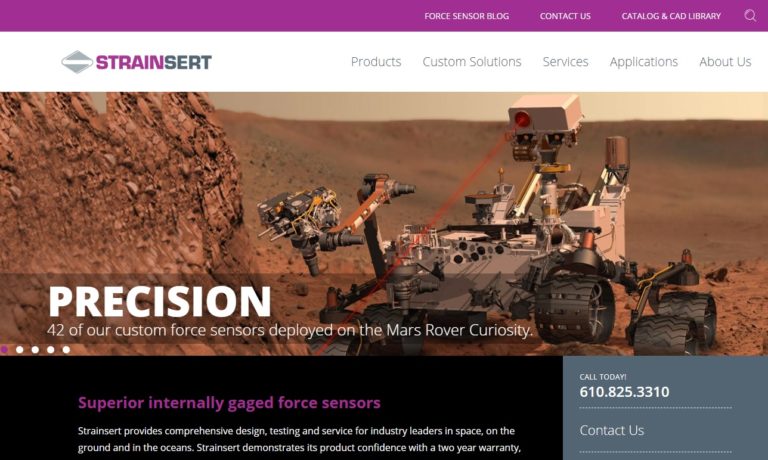
Founded in 1985, Load Cell Central has firmly established its reputation as a leader in load cell manufacturing, custom weighing system integration, and first-class load cell repairs. Load Cell Central offers a wide variety of popular load cell and component configurations for virtually every new or old weighing system, scale or component replacement possibility. Technical and after-sale support, ...

At TyTek Industries we manufacture load cells to suit all capabilities. Our expertise has provided insight and load cell solutions for a range of customers and industries. Our engineering team’s philosophy ensures we do everything humanly and technologically possible to match your requirements with quality, cost and delivery. We’re here to help you carry the load.
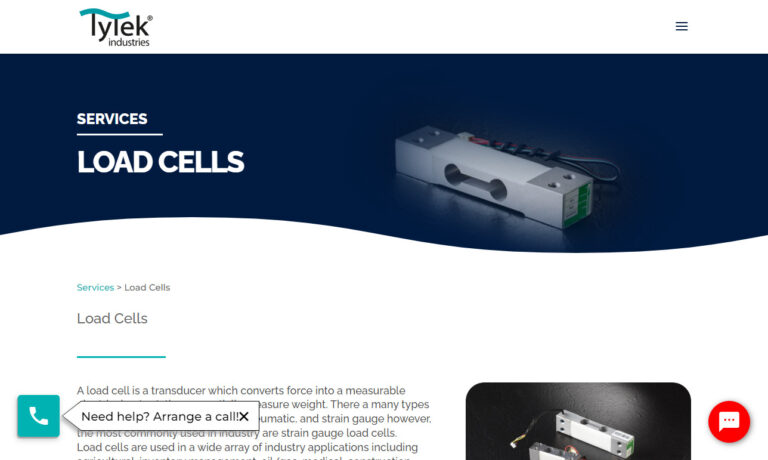
Anyload has been in business for over 20 years. Anyload is experienced in the design and production of high quality standard load cells, specialty load cells, weigh modules, indicators, scales for commercial and industrial applications, and wide varieties of weighing components.

At Coti Global Sensors, we are dedicated to providing top-of-the-line load cell solutions and comprehensive services tailored to meet the diverse needs of our clientele. With years of experience and expertise in the industry, we have established ourselves as a trusted authority in load cell manufacturing, renowned for our commitment to quality, reliability, and customer satisfaction.

More Strain Gauge Manufacturers
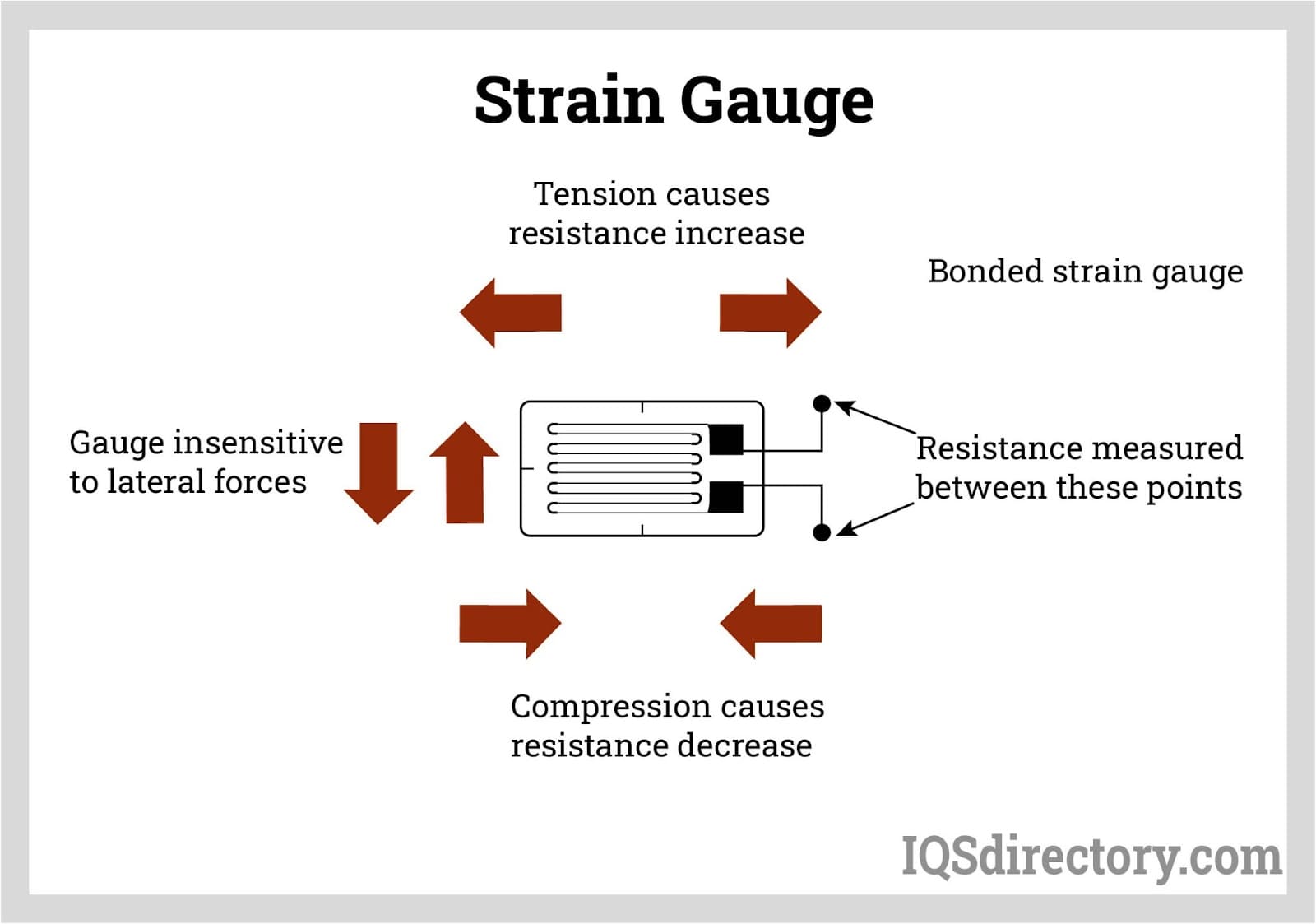
Strain Gauge Working Principle
A strain gauge transforms the force, pressure, tension, weight, etc., into a change in electrical resistance that can subsequently be measured. A strain gauge is a sensor with a resistance which fluctuates with applied force. Stress and strain happen when outside forces are applied to a stationary item. Strain is the displacement and deformation that occur, while stress refers to the internal forces opposing the item.
One of the most crucial instruments used in the electrical measurement method to measure mechanical quantities is the strain gauge. They are used to measure strain, as their name suggests. Technically speaking, "strain" comprises compressive and tensile strain, characterized by a positive or negative sign. As a result, strain gauges may detect both expansion and contraction.
A body is always under stress due to external or internal factors. For instance, forces, pressures, moments, heat, structural modifications to the material, and other factors could be to blame for the strain. The amount or value of the influencing quantity can be calculated from the measured strain value if certain requirements are met. This attribute is frequently employed in experimental stress analysis.
The strain values obtained on the surface of a specimen, or structural part, are used in experimental stress analysis to determine the material's stress and forecast its safety and endurance. Special transducers can be created to measure forces or other derived quantities, such as moments, pressures, accelerations, displacements, vibrations, and others. A pressure-sensitive diaphragm with strain gauges attached typically makes up the transducer.
Strain Gauge Applications
Strain gauges are frequently used in civil engineering and geotechnical analysis to find breakdowns in various structures, including bridges, buildings, and more. Due to the possibility of harm or death from any considerable deformation, these structures must be constantly monitored. These gauges are frequently used because they are highly precise, work well when placed far from the test object, and are easy to set up and keep running for extended periods.
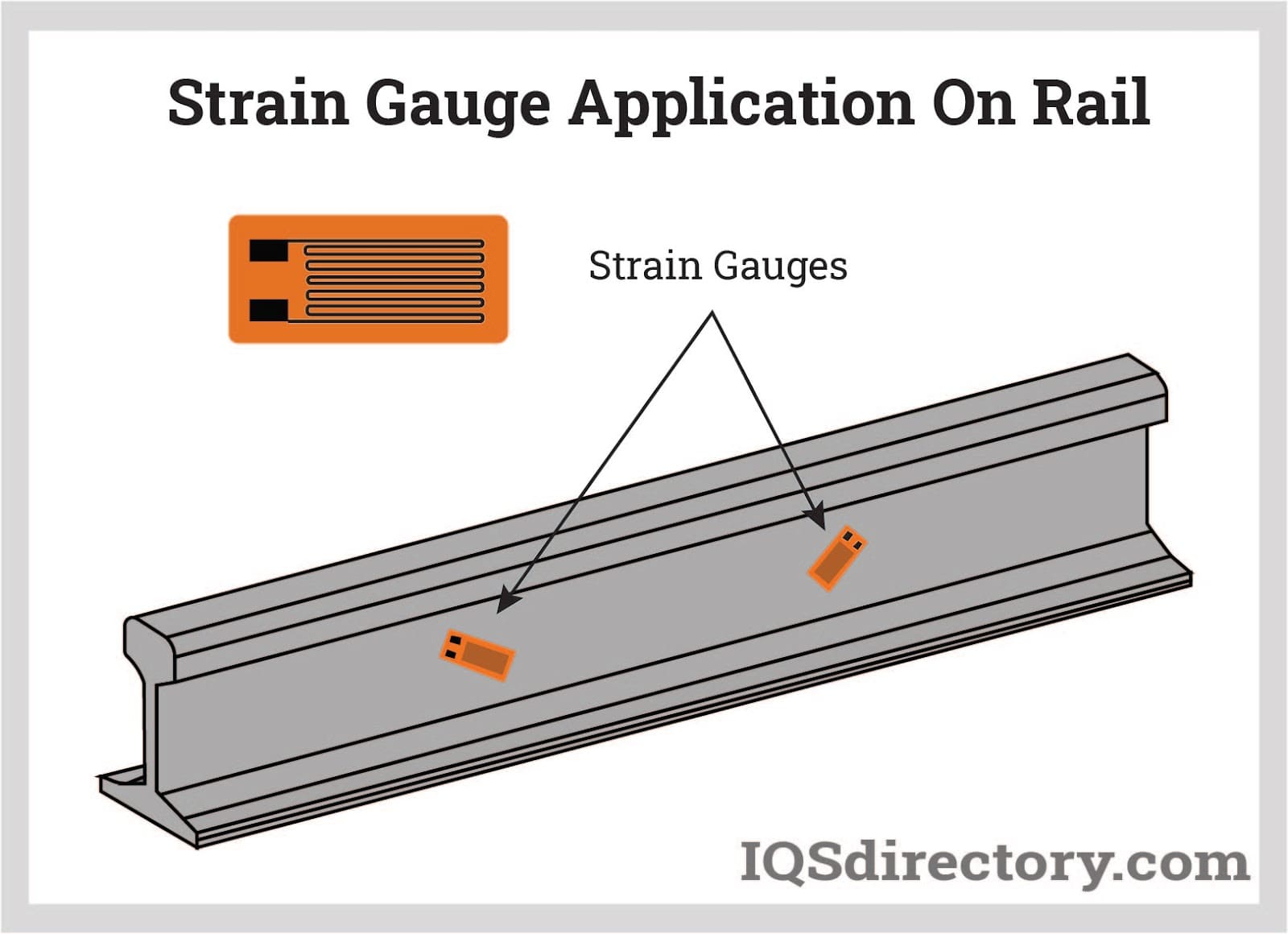
Testing outdoors frequently differs significantly from testing in an ideal laboratory. Strain gauges are highly regarded in part because they may be utilized under challenging conditions and produce reliable, precise results. A specialized tool like a strain gauge is sometimes required when an engineer tests products with irregular shapes in unfavourable locations with difficult-to-access configurations.
For instance, FEA (Finite Element Analysis) and CAD (Computer Aided Design) simulation findings are validated in aerospace applications using millions of strain gauges. In order to accurately simulate the effects of various forces on aircraft, these tests are carried out under dynamic conditions.
Static testing typically makes use of strain gauges as well. In addition, some bridges have wireless telemetry configurations, which transmit test results via Ethernet. But for other bridges, surface flaws are primarily found through visual examination or penetrant testing. Even though they are economical, these techniques lack ongoing inspection, which can result in catastrophic failures, as happened with the I-35 Minneapolis steel truss bridge.
In 1990, the federal government considered this bridge as "structurally poor,” necessitating regular inspections. However, the bridge eventually collapsed in 2007, killing 13 people, without considerable repairs or replacement, continuous strain gauge monitoring, or both. This bridge was just one of about 80,000 determined to be "structurally deficient" in the United States in 2007.
Strain Gauge Load Cells
Strain gauge load cells are the type of load cell most frequently seen in industrial settings. A load cell is composed of a metal body to which strain gauges have been fastened. Usually constructed of aluminum, alloy, or stainless steel, the load cell’s body is strong but slightly elastic; the body is referred to as a "spring element" because of this. The spring element is somewhat bent when force is applied to the load cell, but it always returns to its normal shape unless it is overloaded.
The strain gauges' shape also varies with the deformation of the spring element. Voltage can be used to measure the consequent change in resistance in the strain gauges. Since the voltage change is directly related to the force acting on the cell, the force may be estimated from the output of the load cell. Strain gauge load cells are known to be highly accurate, adaptable, and economical.
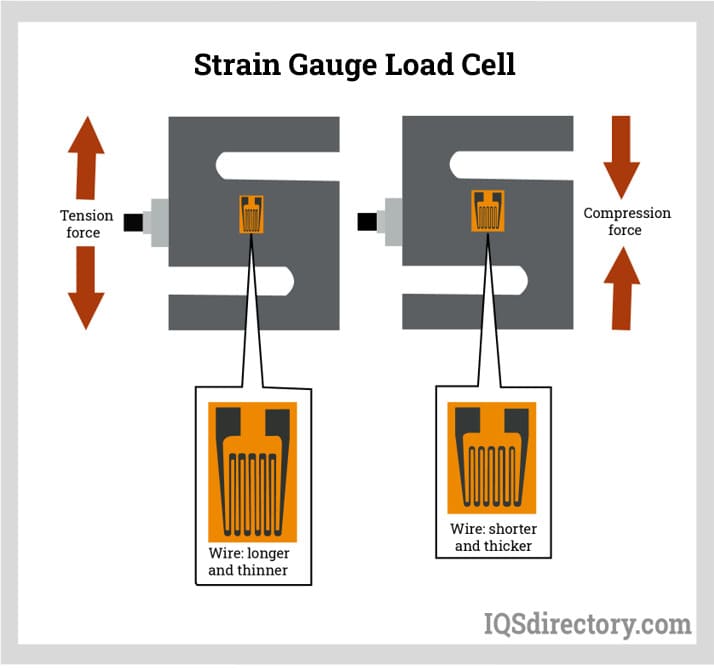
Choosing the Proper Strain Gauge Manufacturer
To ensure you have the most constructive outcome when purchasing strain gauges from a strain gauge manufacturer, it is important to compare several companies using our directory of strain gauge manufacturers. Each strain gauge manufacturer has a business profile page highlighting their areas of experience and capabilities, along with a contact form to directly communicate with the manufacturer for more information or request a quote. Review each strain gauge business website using our patented website previewer to quickly learn what each business specializes in. Then, use our simple RFQ form to contact multiple strain gauge companies with the same form.



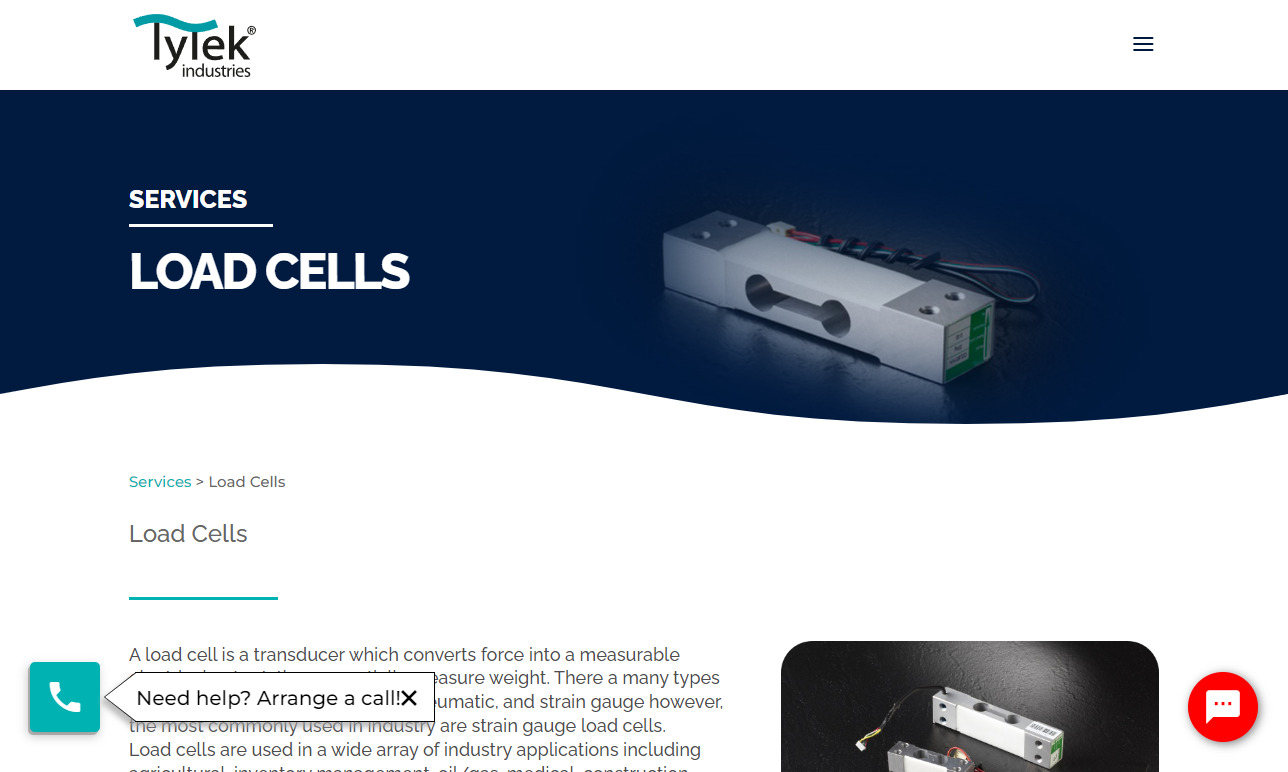
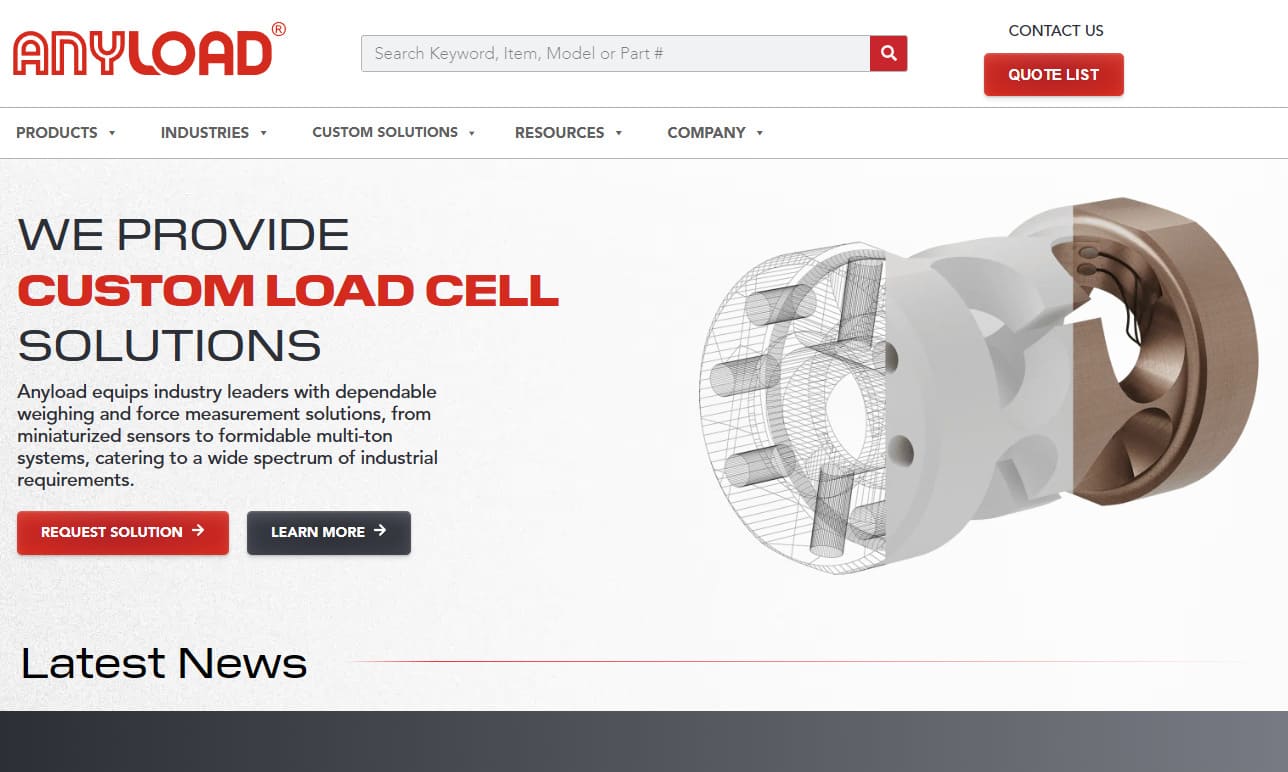

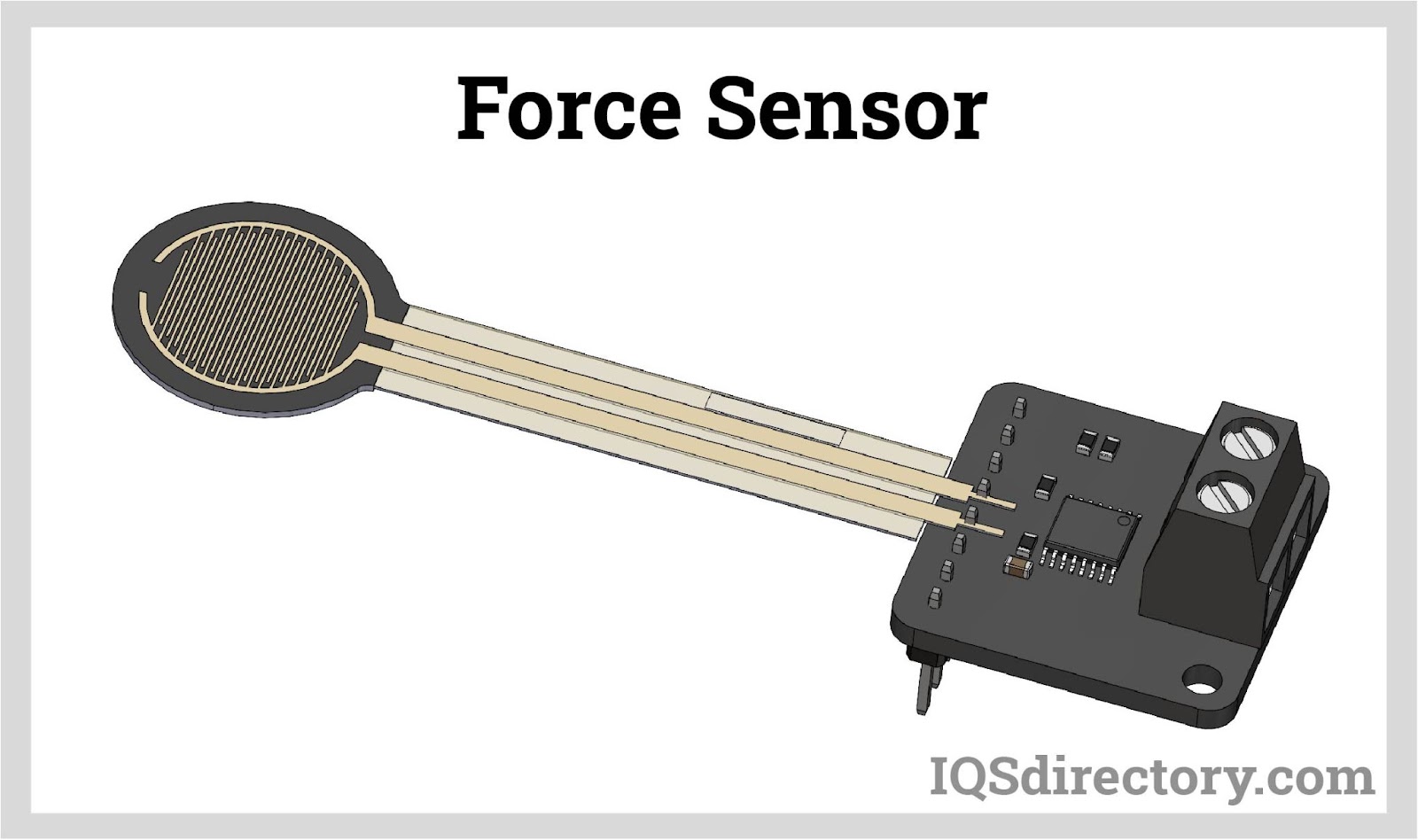
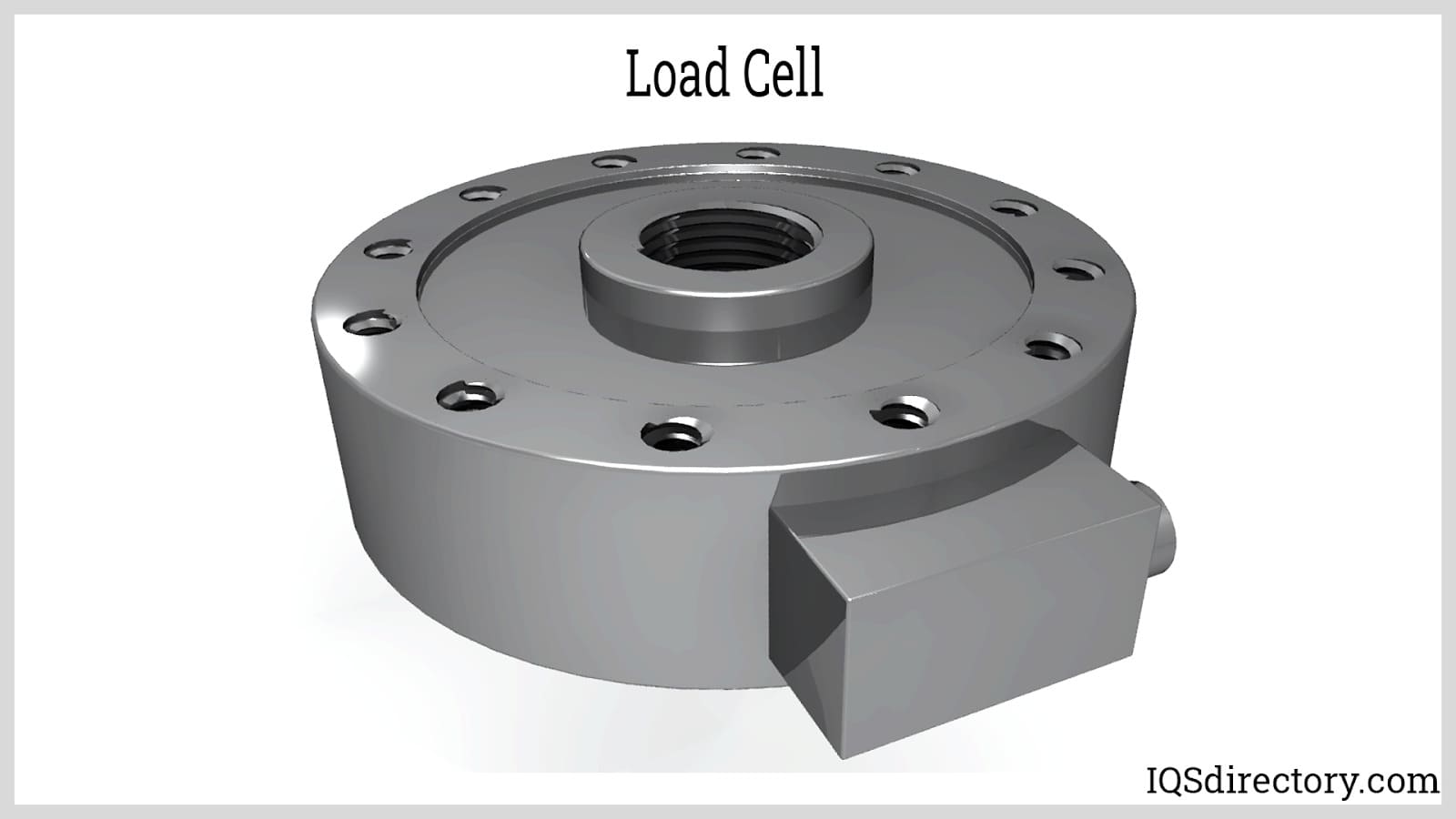
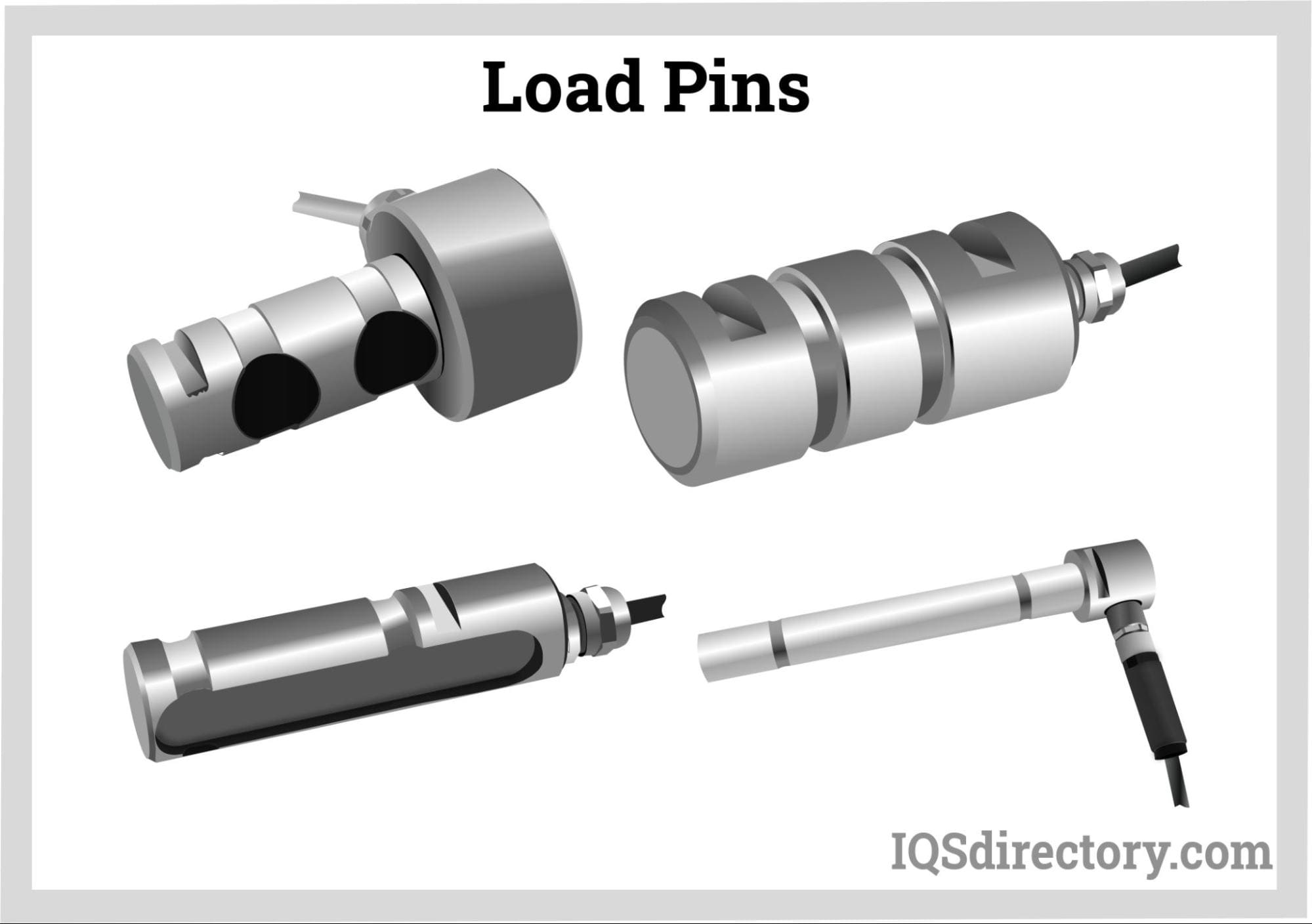
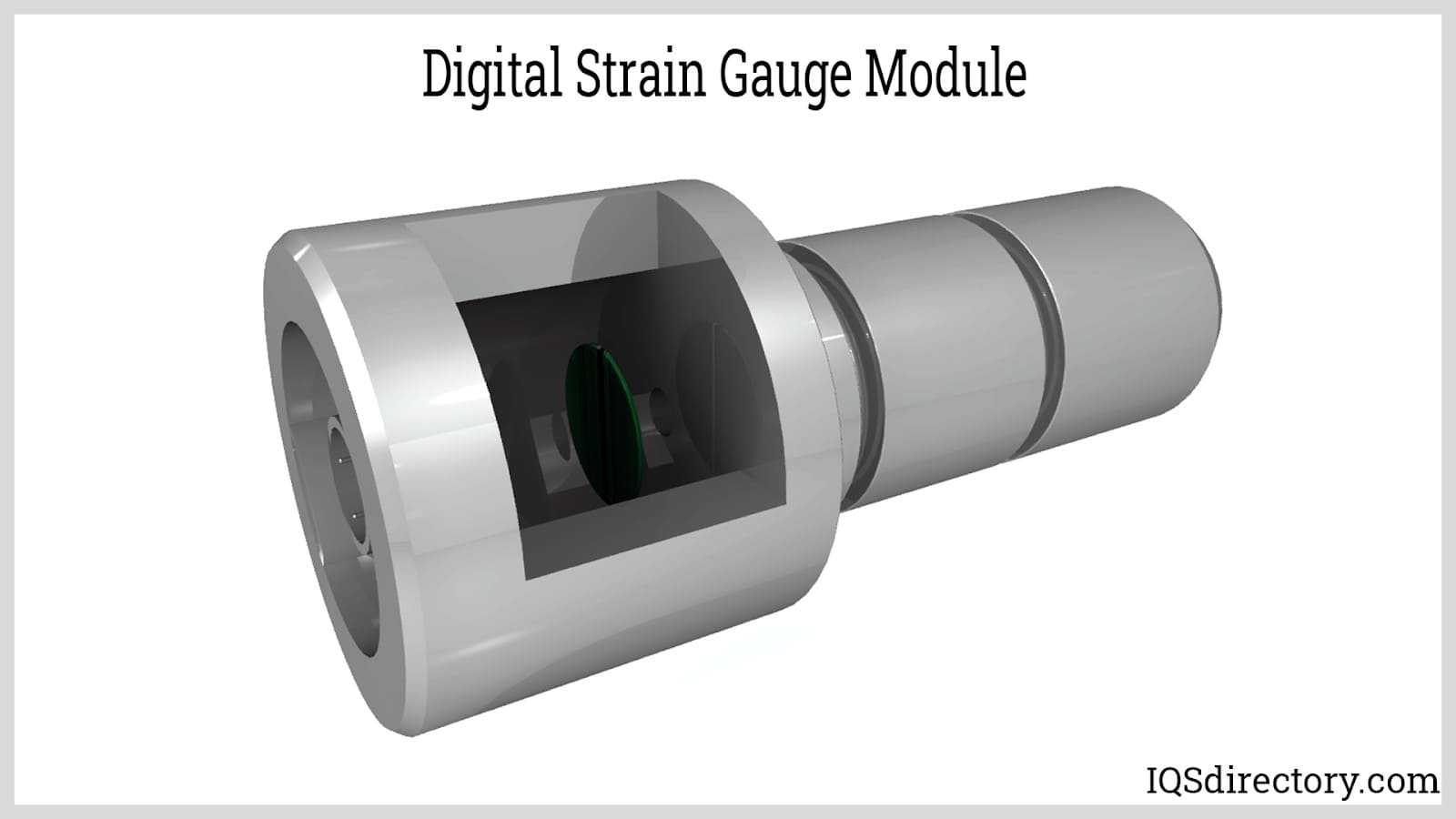
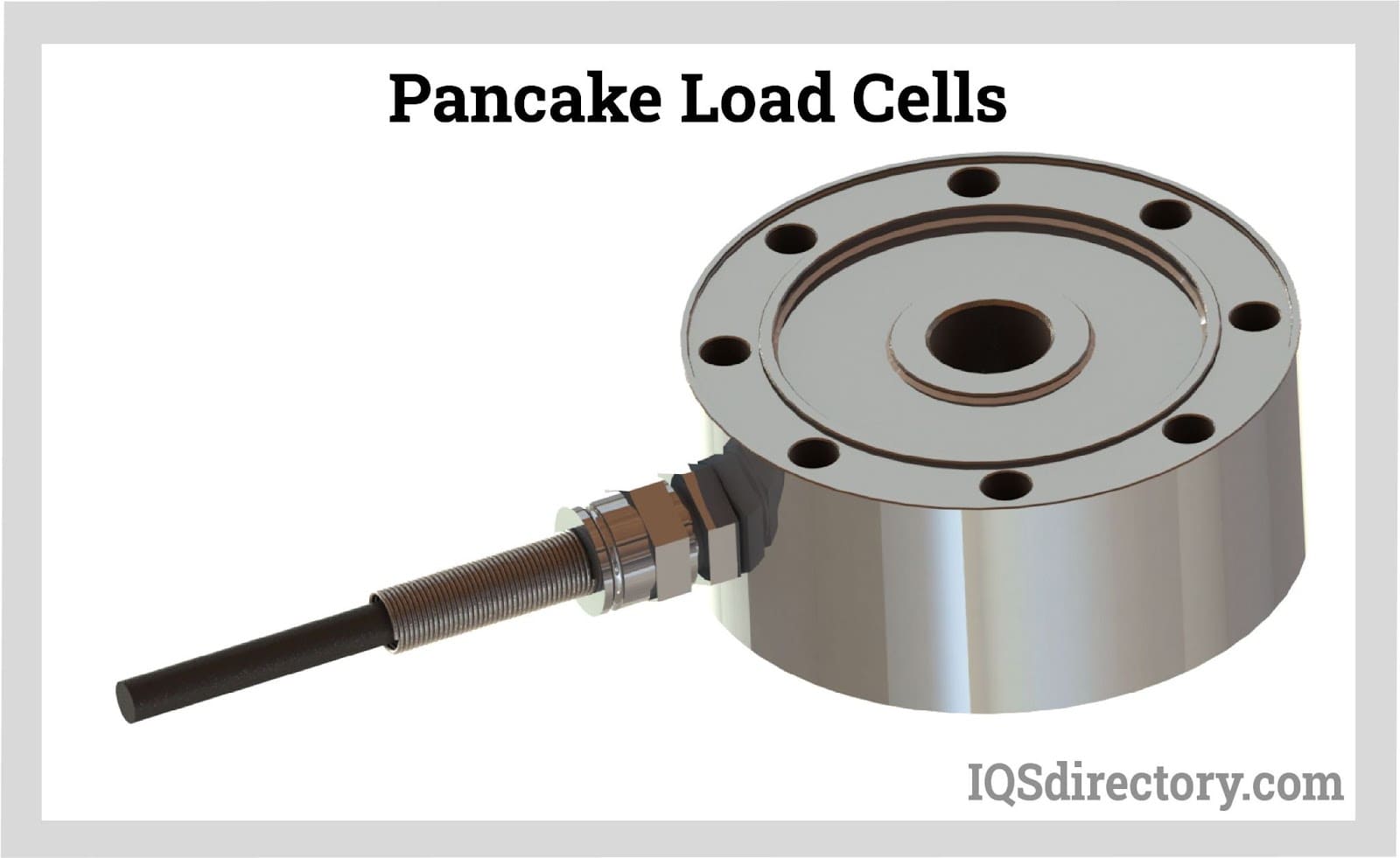
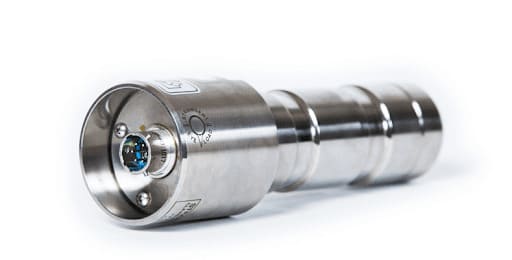
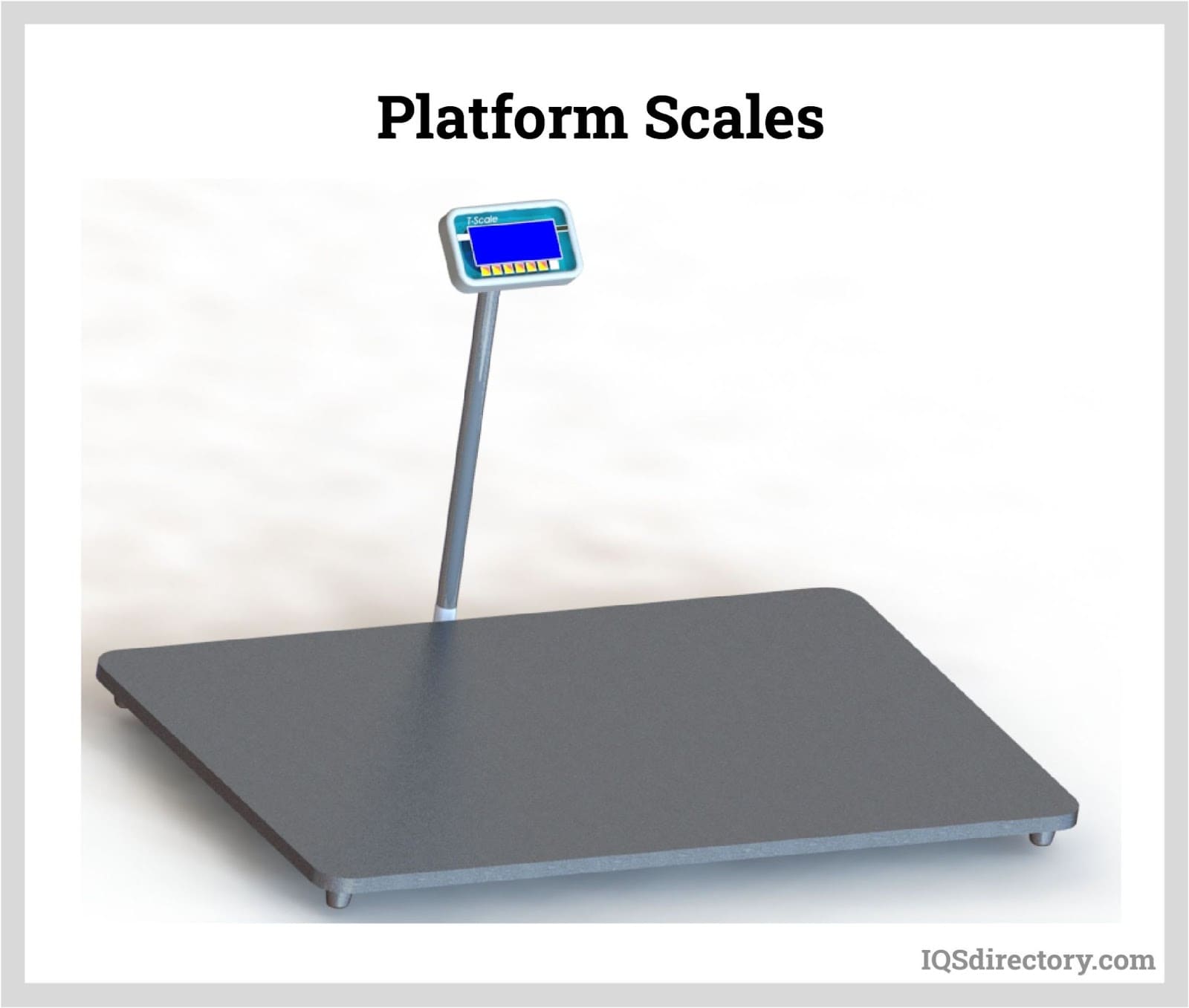
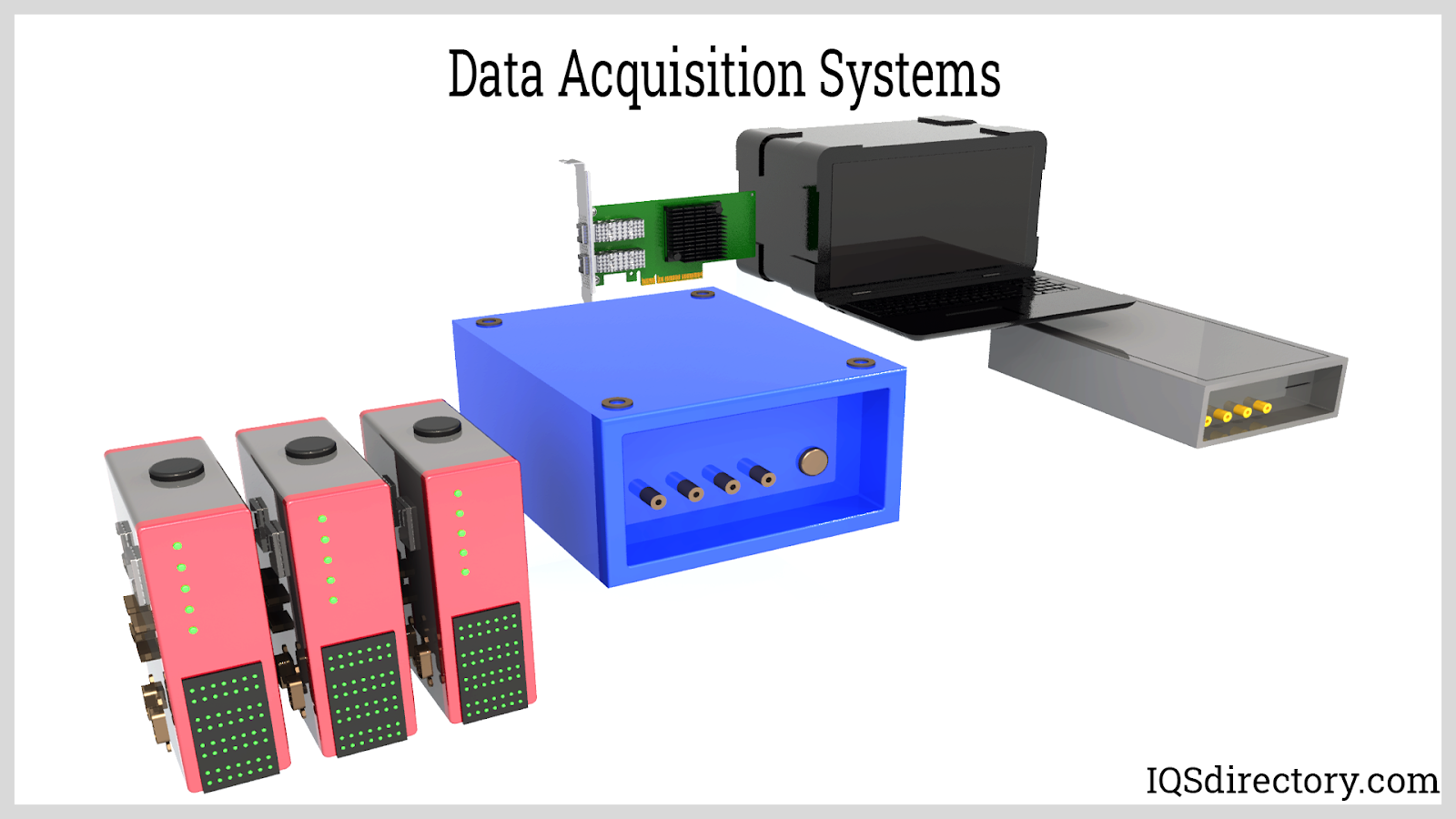
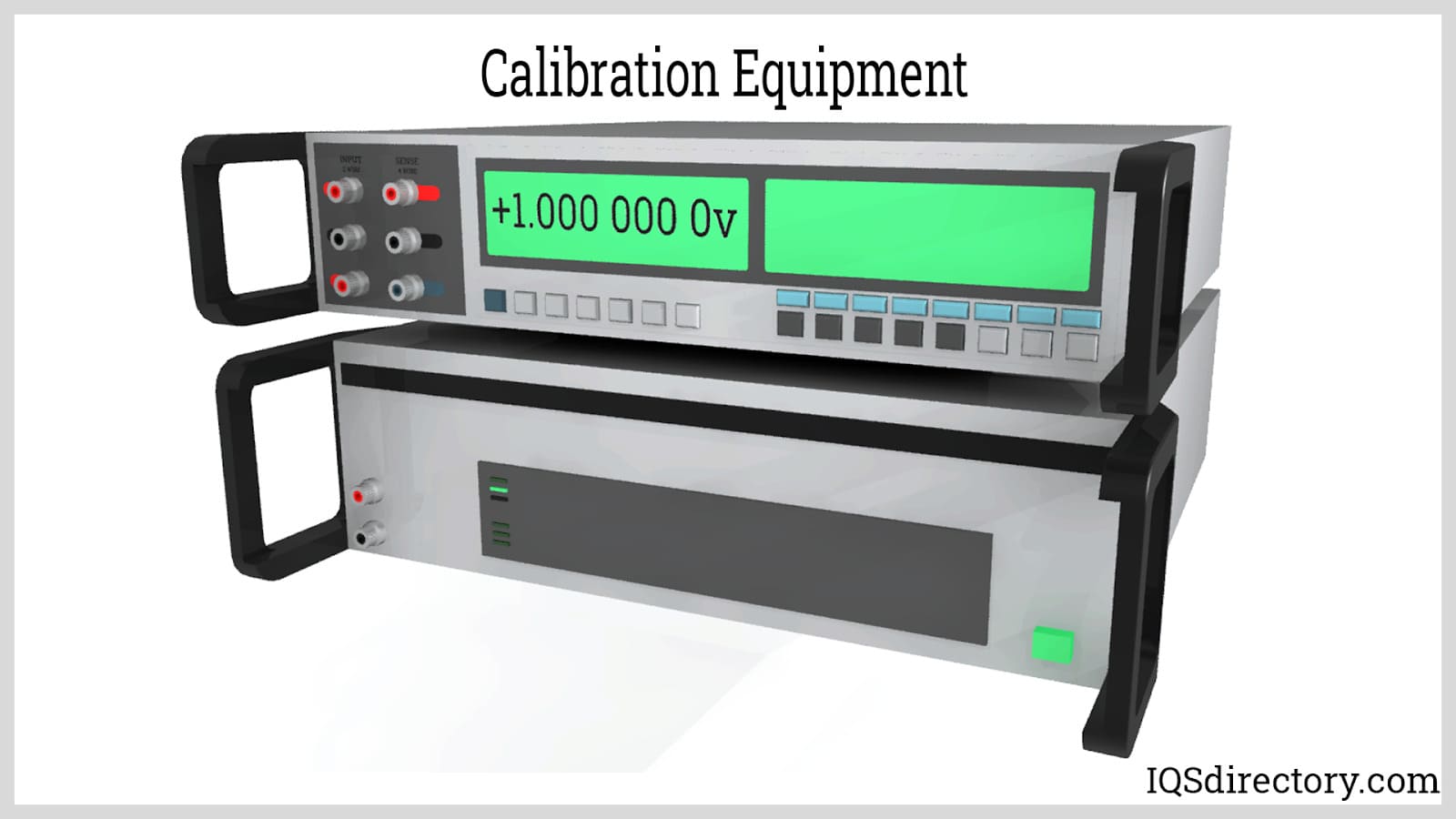
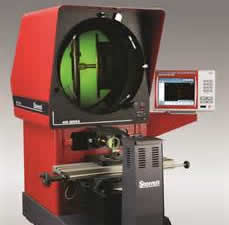 Calibration Services
Calibration Services Clean Rooms
Clean Rooms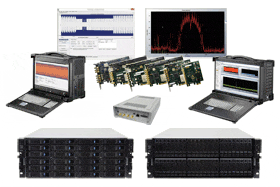 Data Acquisition Systems
Data Acquisition Systems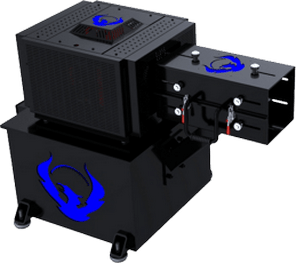 Dynamometers
Dynamometers Environmental Test Chamber
Environmental Test Chamber Leak Detectors
Leak Detectors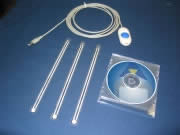 Load Cells
Load Cells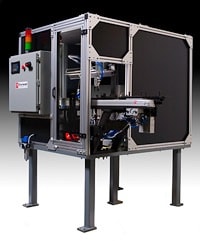 Machine Vision Systems
Machine Vision Systems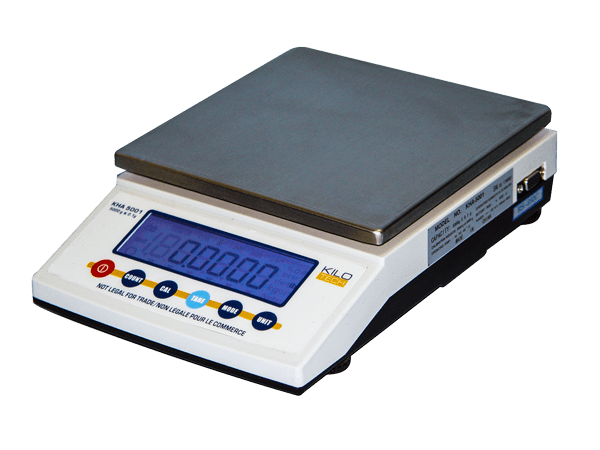 Scales
Scales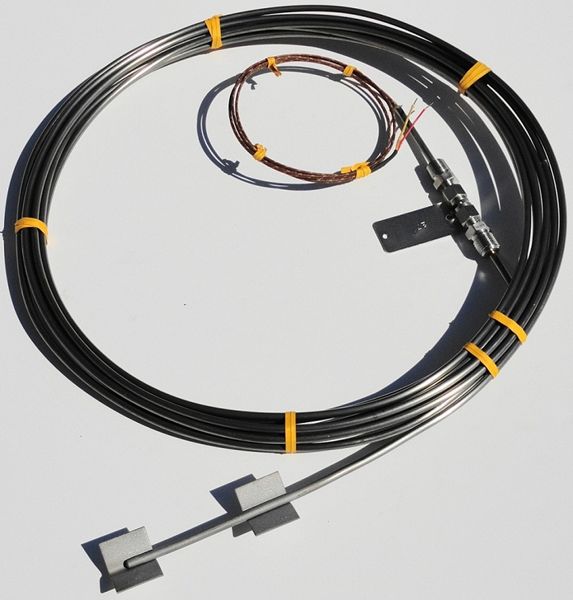 Thermocouples
Thermocouples Castings & Forgings
Castings & Forgings Bulk Material Handling
Bulk Material Handling Electrical & Electronic Components
Electrical & Electronic Components Flow Instrumentation
Flow Instrumentation Hardware
Hardware Material Handling Equipment
Material Handling Equipment Metal Cutting Services
Metal Cutting Services Metal Forming Services
Metal Forming Services Metal Suppliers
Metal Suppliers Motion Control Products
Motion Control Products Plant & Facility Equipment
Plant & Facility Equipment Plant & Facility Supplies
Plant & Facility Supplies Plastic Molding Processes
Plastic Molding Processes Pumps & Valves
Pumps & Valves Recycling Equipment
Recycling Equipment Rubber Products & Services
Rubber Products & Services